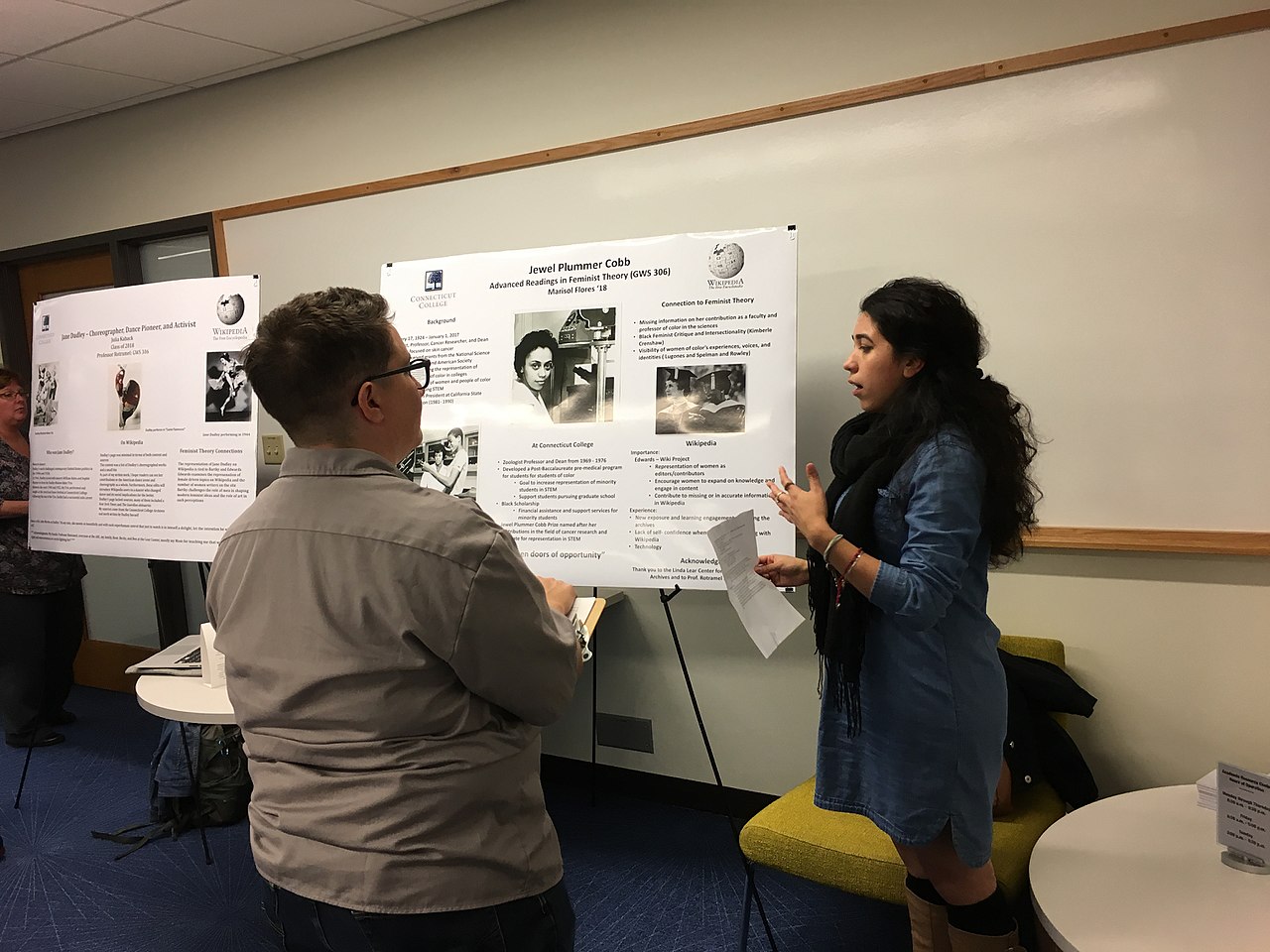Jewel Plummer Cobb wasn’t simply a scientist; she was a pioneer who shattered glass ceilings and transformed the landscape of science, education, and social justice. Her journey, beginning in 1924 in Chicago, is a testament to the power of perseverance, intellect, and an unwavering commitment to equality.
Early Life and Family: Roots of Resilience
Born into a family deeply committed to education and social justice, Cobb’s path was influenced by the remarkable legacy of her ancestors. Her great-grandfather, Adam Francis Plummer, escaped slavery via the Underground Railroad. Her grandfather, Dr. Samuel Coleridge Plummer Jr., became one of the first Black physicians in the United States. These family narratives, steeped in courage and a pursuit of knowledge, undoubtedly shaped Cobb’s own aspirations and her profound sense of social responsibility. Her parents, Frank V. Plummer and Carriebel (Cole) Plummer, met in Washington D.C., where her mother worked in physical education and dance, further enriching the environment that nurtured Cobb’s multifaceted talents.
Education: Forging a Path in Science
Cobb’s academic journey began in 1942 at the University of Michigan. However, the pervasive segregation of the era forced her to transfer to Talladega College, a historically Black institution in Alabama. While this experience may have presented challenges, it likely fueled her dedication to dismantling barriers faced by underrepresented groups in academia. She earned her bachelor’s degree in biology from Talladega College in 1944, a significant achievement in itself. Undeterred, Cobb continued her studies at New York University, receiving a master’s degree in cell physiology in 1947 and culminating in a Ph.D. in 1950. In a time when women, particularly Black women, were significantly underrepresented in scientific fields, Cobb’s academic achievements marked a triumph over adversity and a beacon of hope for future generations.
Groundbreaking Research: Unveiling the Mysteries of Cancer and Melanin
Cobb’s scientific contributions were extensive and impactful. Her research centered on cancer, specifically melanoma and the effects of chemotherapy drugs. Her work with methotrexate proved particularly pivotal, leading to significant advancements in treating childhood leukemia. Prior to her findings, the prognosis for children diagnosed with this devastating disease was often bleak. Cobb’s research demonstrated methotrexate’s effectiveness, dramatically improving survival rates and offering hope to families facing this difficult diagnosis.
Beyond methotrexate, Cobb’s scientific curiosity led her to explore the fascinating world of melanin, the pigment responsible for skin color. Her research delved into the complex relationship between melanin production, cellular responses to UV radiation and chemotherapy agents, and skin cancer development. This work suggests that melanin plays a multifaceted role in cellular processes beyond simple sun protection, potentially influencing how cells respond to various treatments and environmental factors. While some of her findings offered more definitive conclusions, other aspects of her research opened new avenues for exploration in cell biology, highlighting the complexities of cancer development. This has inspired further investigations into the intricate interactions between melanin, UV exposure, and skin cancer risk.
A Champion for Diversity: Transforming STEM and Higher Education
Cobb’s impact extended far beyond the laboratory. Recognizing the systemic barriers faced by women and minorities in STEM, she became a passionate advocate for diversity and inclusion. She developed programs designed to support and mentor underrepresented students, nurturing the next generation of scientific leaders. Her actions were not merely symbolic; they were transformative, demonstrating her commitment to creating pathways for individuals who might otherwise have been excluded from scientific pursuits.
Cobb’s influence also reached the highest levels of academia. She shattered glass ceilings, becoming the first African American woman to hold leadership positions at multiple colleges and universities, including the University of Illinois, Hunter College, Sarah Lawrence College, Connecticut College, and ultimately, California State University, Fullerton. In these roles, she championed diversity, fostering inclusive learning environments where students from all backgrounds could thrive. Her leadership wasn’t just about breaking barriers; it was about building bridges, demonstrating that true progress requires both vision and action. This further highlights her unwavering commitment to education, extending beyond scientific research to encompass the broader mission of providing equitable opportunities for all.
Awards and Recognition: A Legacy Celebrated
Dr. Jewel Plummer Cobb’s contributions were widely recognized and honored throughout her career. Her numerous awards and accolades reflect her impact on science, education, and social justice. The pinnacle of her scientific recognition was the prestigious 1993 Lifetime Achievement Award from the National Academy of Sciences, a testament to her groundbreaking research on cancer. Beyond this, Cobb received numerous other honors, including the Candace Award from the National Coalition of 100 Black Women and the Reginald Wilson Award, acknowledging her dedication to diversity and inclusion in STEM. The table below highlights some of her key awards:
| Award | Year | Granting Institution |
|---|---|---|
| Key Pin Award | 1952 | New York University |
| American Cancer Society Grant | 1969 | American Cancer Society |
| Honorary Ph.D. | 1971 | Wheaton College |
| Honorary Ph.D. | 1972 | Lowell Technical Institute |
| Honorary Ph.D. | 1975 | Pennsylvania Medical College |
| Lifetime Achievement Award | 1993 | National Academy of Sciences |
| Achievement in Excellence | 1999 | Center for Excellence in Education |
These honors underscore not only Cobb’s individual achievements but also her profound influence on the scientific community and her tireless efforts to create a more just and equitable world.
A Lasting Legacy: Inspiring Future Generations
Jewel Plummer Cobb’s life and work serve as a powerful inspiration for aspiring scientists and leaders. Her story reminds us that barriers can be broken, that diversity enriches scientific progress, and that one person can indeed make a world of difference. Her legacy continues to resonate, challenging us to pursue knowledge with passion, advocate for justice with courage, and strive to build a more equitable future for all. Explore the equally compelling stories of Josephine Poszywak and Kenneth Mathieson Dalglish, individuals who, like Cobb, left indelible marks on their respective fields. Their narratives offer further insights into the power of dedication, perseverance, and a commitment to making a positive impact on the world.
- Unveiling Bernhard Caesar Einstein’s Scientific Achievements: A Legacy in Engineering - July 15, 2025
- Uncover who is Jerry McSorley: CEO, Family Man, Business Success Story - July 15, 2025
- Discover Bernhard Caesar Einstein’s Scientific Contributions: Unveiling a Legacy Beyond Einstein - July 15, 2025















